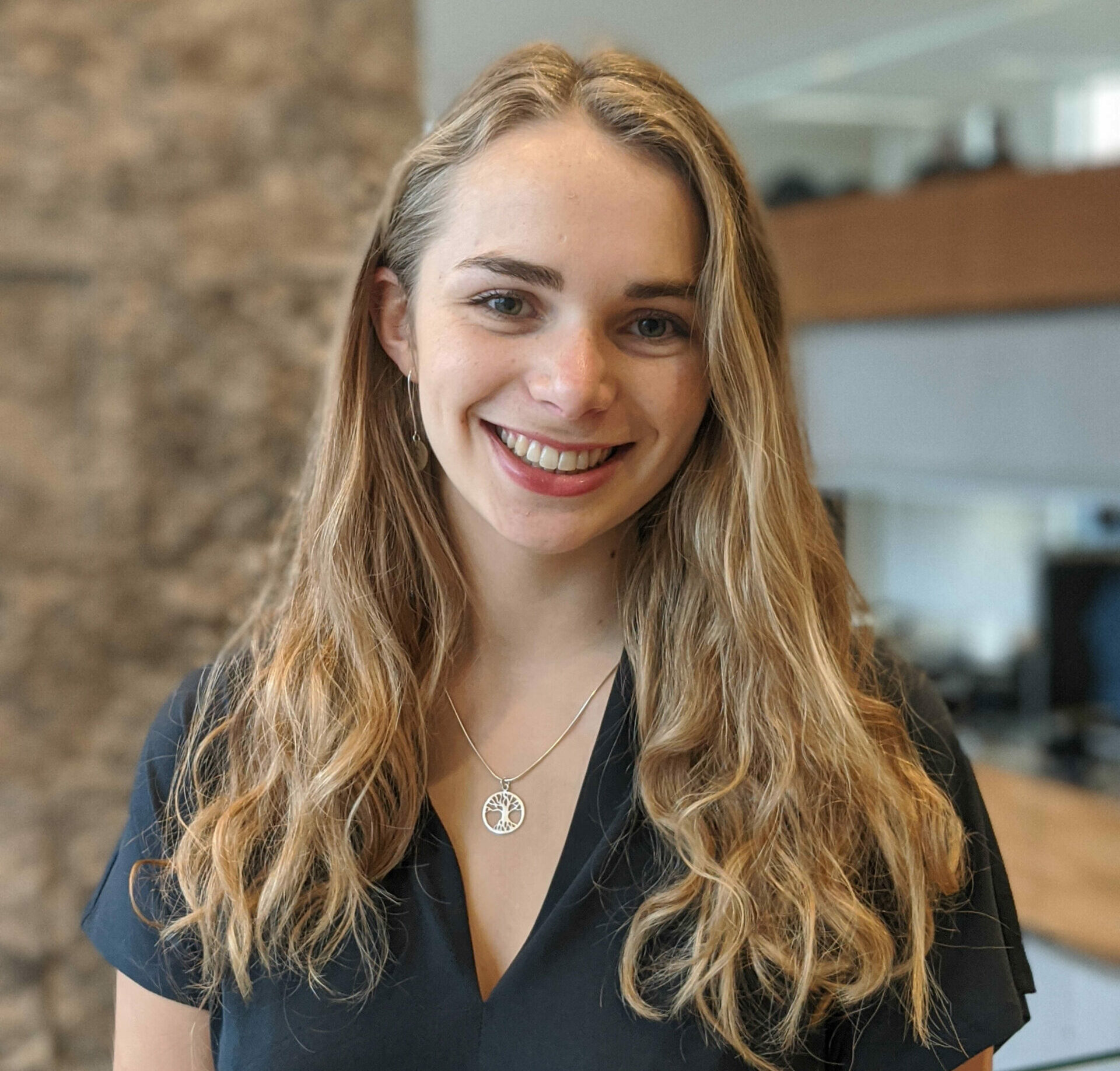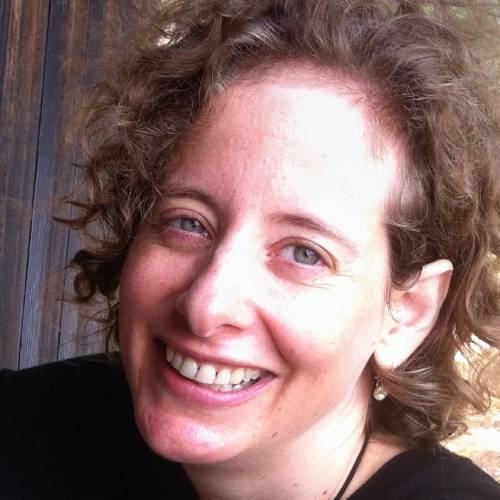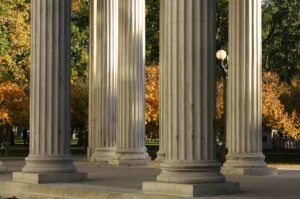Three business school educators share their interactive approaches for embedding a sustainability mindset in students.
In the second session of the monthly NBS Series on Teaching Climate in Business Schools, participants explored a “sustainability mindset” and approaches educators can take to instill a sustainability lens in students, encouraging them to consider sustainability issues in all their decision-making.
The session included three presentations along with rich discussion via Q&A and breakout rooms. Below, you’ll find recordings and extra materials from each presentation, followed by some additional related resources.
Presentation 1: Sustainability Mindset Education & Indicator
Introduction on “Sustainability Mindset” Education by Isabel Rimanoczy, whose work and research focus on the subject.
The Sustainability Mindset Indicator is an assessment taken before and after sustainability teaching interventions to understand their impact (on concepts including paradoxical thinking, circular economy, systems thinking).
Presented by: Emmanuelle Reuter, Assistant Professor, & Quynh Dao, PhD Candidate, University of Neuchâtel, Switzerland on the Sustainability Mindset Indicator
Download this PDF to learn more about the material, and access more insights from the presenters and discussion.
Presentation 2: Climate Psychology and Leadership
A lecture providing an overview of prominent psychology and social psychology subtopics that can contribute to (mis)managing climate change: attitudes and behaviors, decision biases, and leadership. PowerPoint slides provided.
Presented by: Tom Bateman, Bank of America Eminent Scholar of Commerce, Emeritus, University of Virginia McIntire School of Commerce, USA.
Download this PDF to access Tom’s lecture slides, and read more insights from the presenters and discussion.
Presentation 3: Zero Waste at Home
A semester-long activity where students examine the impact of the waste they produce at home. As part of this activity, they learn the 5 R’s, design their home recycling area, and participate in recycling campaigns at the institution.
Presented by: Sylvia Perez, Professor, CETYS Universidad, Mexico.
Download this PDF to learn more about the material, and access more insights from the presenters and discussion.
Additional Resources from Participants
Calls for Collaboration
Participants are interested in taking these conversations further through collaboration. See their ideas below and reach out if you’re interested in working together!
-
“I would like to convene a group of OB (organizational behavior) researchers interested in collaborating on developing a framework of employee sensemaking regarding climate change and its effects on organizational outcomes”.
– Anjali Chaudhry, Fulbright Visiting Professor of Sustainable Business, University College Cork, Ireland -
“It would be interesting to use the Sustainable Mindset Indicator in different institutions/ cultures/ environments. We could think of a joint project to fund the use of the mindset in different institutions. This group represents different institutions, backgrounds, courses.”
– Albachiara Boffelli, University of Bergamo, albachiara.boffelli@unibg.it - The Journal of Management Education just released a call for papers for a Special Issue of interest to this group, “Preparing Leaders to Tackle Grand Challenges” — Jennifer Leigh, an Associate Editor at JME, shared the call.
Resources Shared by Participants
-
Alternative capability model: Nordic Nine (Copenhagen Business School). These are “nine capabilities through which [CBS inspires] students to contribute to solving societal challenges with compassion for themselves, others and the planet.”
-
These carbon footprint calculators were suggested by participants:
-
The Footprint Calculator from WWF can be used to engage the students in implementing actions:
-
Nos Gestes Climat is another tool to measure carbon footprint free of charge, from the French government
-
-
A UN document, 170 Actions to Combat Climate Change, can give students ideas of where to start.
-
The Aim to Flourish platform (Case Western Reserve University) is a portal where students can upload their cases (actions) and link them to the SDGs.
-
ENROADS – to be discussed further in March 19 Session. Specifically referenced in this session: EN-ROADS Guided Assignment, Exercise for Students
Join the Climate Teaching Series
If you’re an educator seeking to include more climate and sustainability content in your teaching, make sure to join our virtual series Live, to discuss your ideas and challenges with others. Learn more about the series and sign up here.
Other Resources from NBS
-
NBS Resources on Teaching Sustainability: Access resources related to best practices for teaching sustainable business.
-
NBS Resource Library on Sustainable Business Topics:NBS works with experts around the globe to prepare evidence-based resources about a range of sustainability topics, from Climate Change to Social Justice. Explore these and consider adding some to your curriculum!




Add a Comment
This site uses User Verification plugin to reduce spam. See how your comment data is processed.This site uses User Verification plugin to reduce spam. See how your comment data is processed.